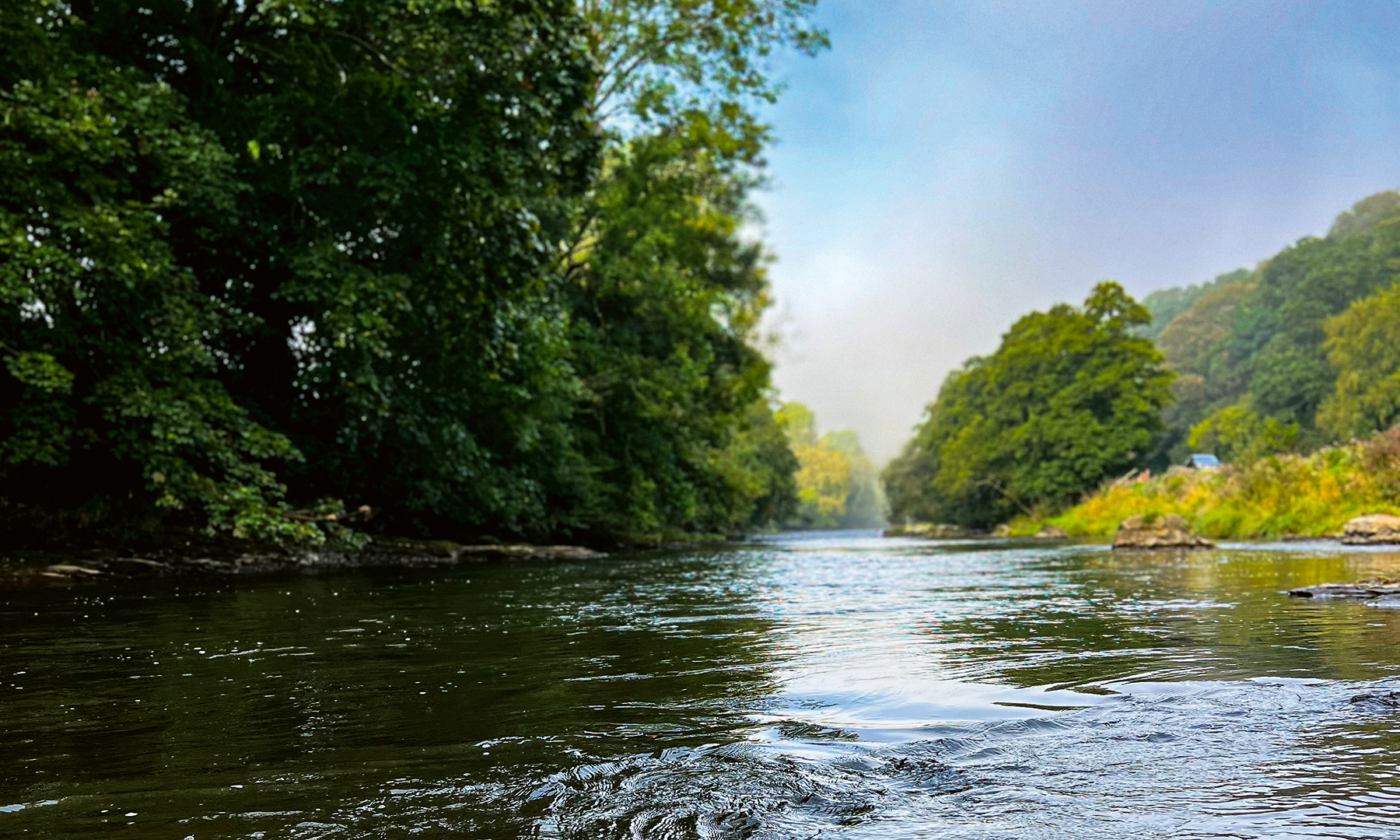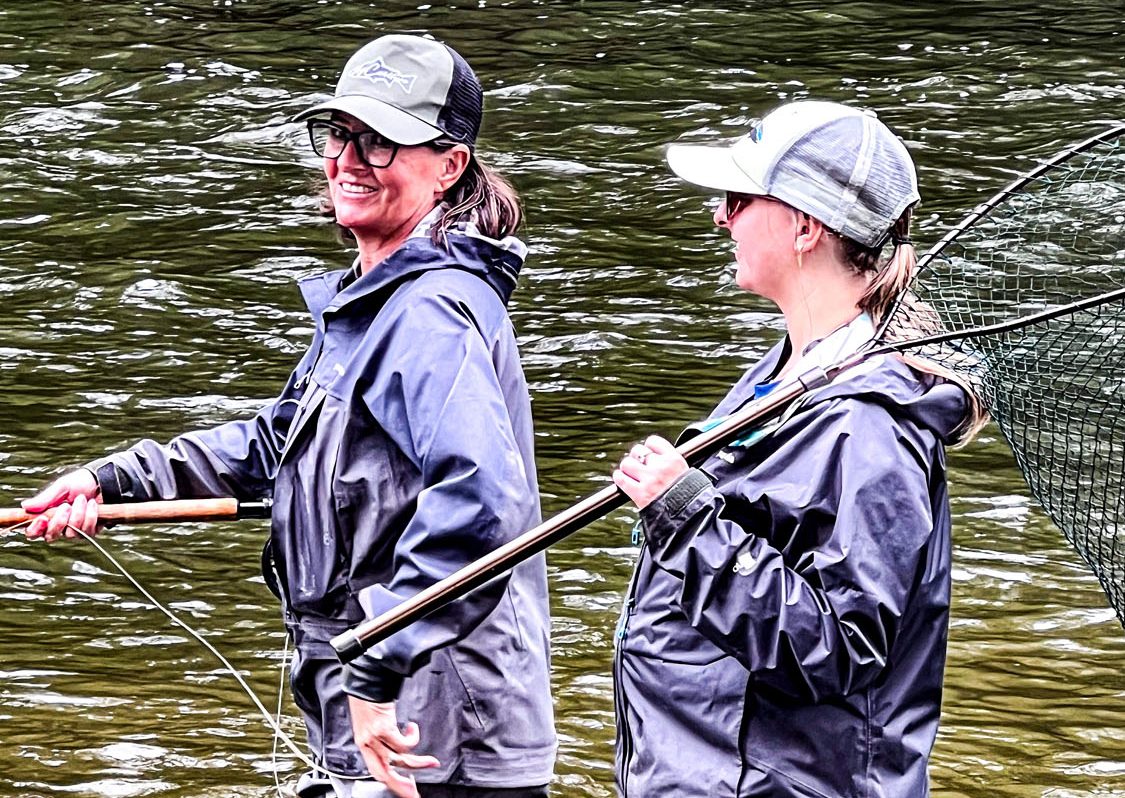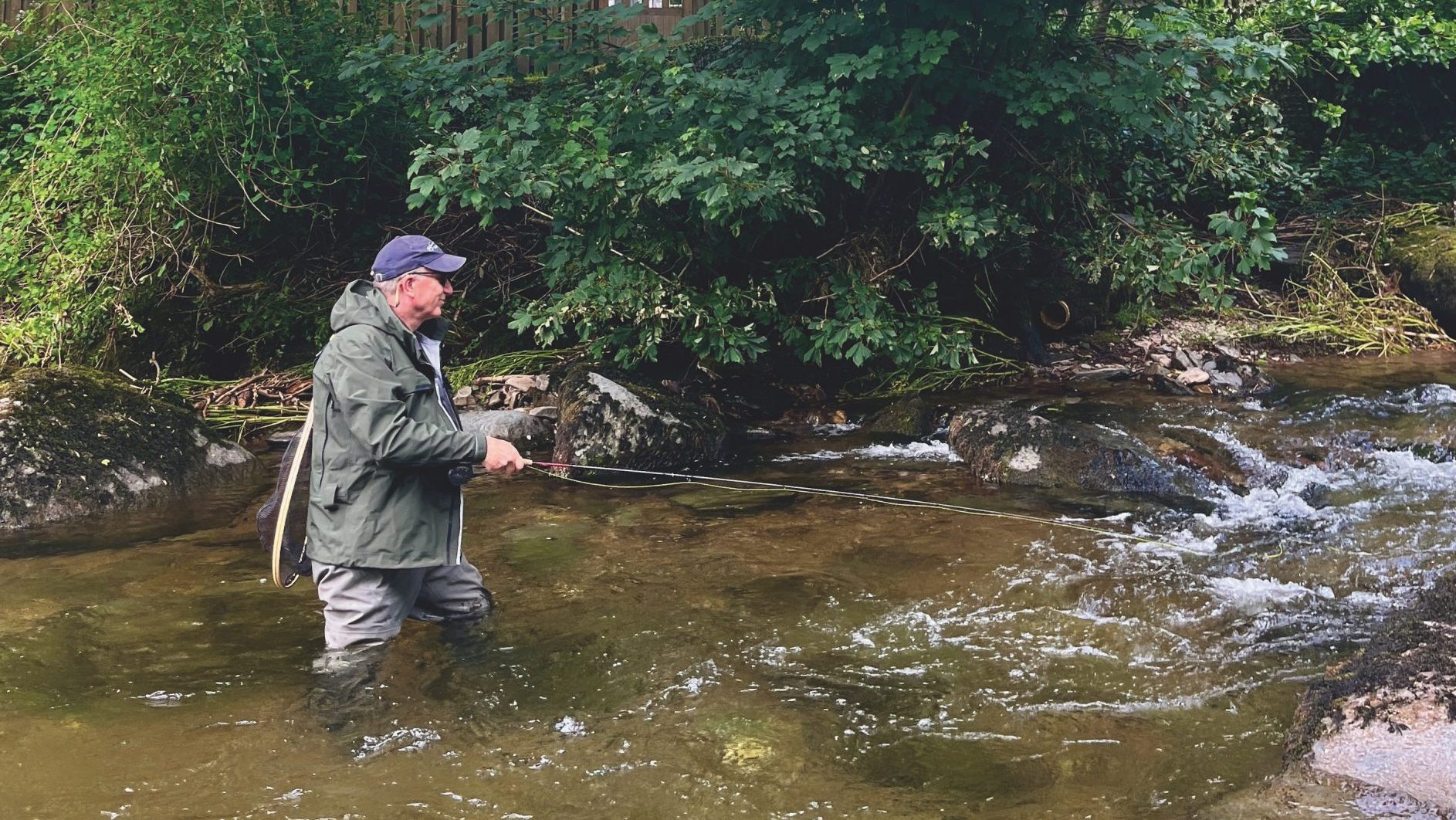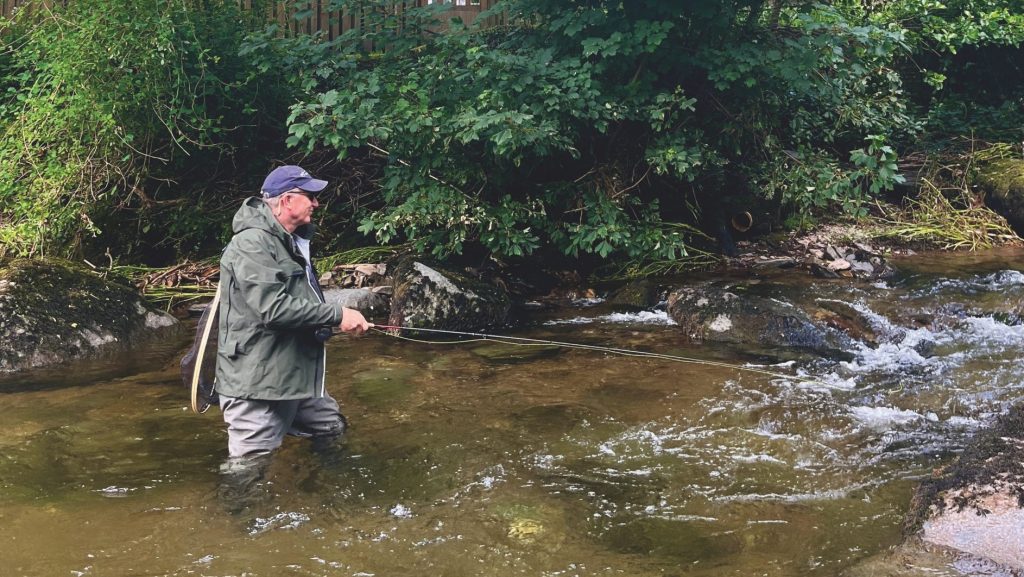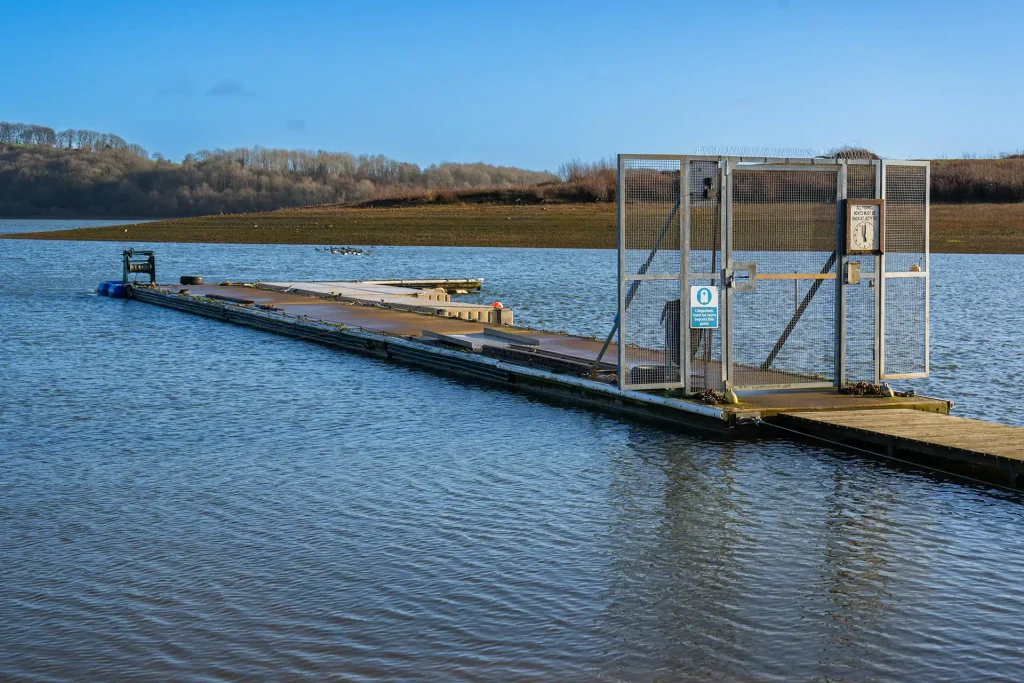Disaster on the Blackwater
Ireland's River Blackwater has been devastated by what experts believe was a toxic chemical spill that killed as many as an estimated 46,000 fish
 Credit: Mallow Trout Anglers
Credit: Mallow Trout Anglers
Ireland’s River Blackwater has been devastated by what experts believe was a toxic chemical spill that killed as many as an estimated 46,000 fish across 20 miles of the river.
The speed of the disaster shocked local anglers. Members of Mallow Trout Anglers were successfully fishing over the weekend of 3-4 August, reporting healthy catches. But by Monday morning, dead and dying fish were floating downstream with bulging eyes and damaged gills.
Salmon, brown trout, eels, dace and endangered freshwater pearl mussels were among the species killed in the disaster.
Anglers react to the Blackwater disaster
“This is a complete wipeout of the fishing stock,” said Mallow Trout Anglers in a statement. “It could take up to ten years for the river to recover – if recovery is even possible.”
Independent and EU-accredited scientist Sue Mitchell, who examined the dead fish, reported severe eye damage, some with burst eyeballs, and gills eaten away by necrosis. Her analysis concluded this was almost certainly man-made contamination.
Confirmed cause of fish deaths
Inland Fisheries Ireland has confirmed the deaths resulted from an “environmental irritant” but Marine Institute experts have not yet identified what chemical was involved or where it came from. At the time of writing, the investigation is still underway.
The human cost is devastating for fishery owners. Conor Arnold of Upper Bridgetown salmon fishery said: “We’re obviously closed for the foreseeable future. I can’t see it being open again at least this year. Whether we have anything left by next year, I don’t know.”
Did you enjoy this article? Read more news here or subscribe to Trout & Salmon magazine.

